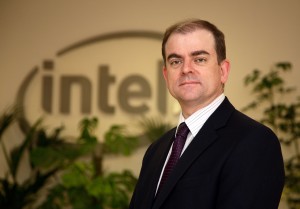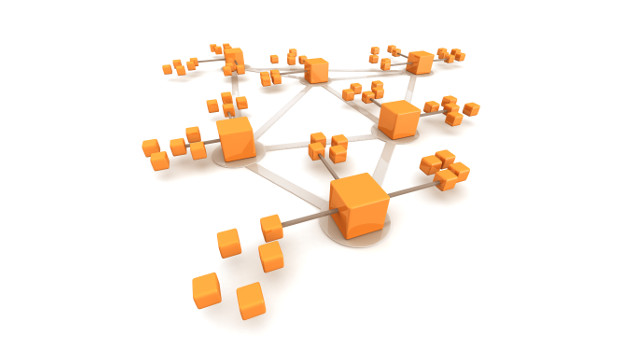If you are a seasoned tech watcher, then the odds are you have already heard the one about the internet-enabled fridge that re-orders milk when it runs low. But those interested in how such technologies can benefit the enterprise would be forgiven for wondering about real world applications.
Because for as long as the Internet of Things (IoT) has been around as an idea, it has mostly been presented as a consumer-driven gee-whiz novelty. A more interesting question is where is the business dividend to sensor-enabling the enterprise?

The Internet is a great analogy for IoT— look what the Internet did for people’s businesses in breaking down borders and facilitating international trade. It created whole new businesses and in fact whole new types of businesses like Facebook and Twitter that were born on the Internet, Leonard Hobbs, Intel Ireland
“The IoT is relevant to companies of all sizes and shapes and operating in all sectors really, because what it represents is the next era of computing,” said Leonard Hobbs, director for global public affairs with Intel Ireland.
“The analogy I like to use is to imagine your business 10 years ago before the Internet and then look at it now. Look at how the Internet transformed your business because we believe that the IoT will exert a similar level of change to that.”
Change coming
Exactly how this degree of change will come to each company will be different given the diversity with which different businesses operate, but Hobbs is sure that change is coming to all.
“IoT is really about making dumb things smart by putting sensors in them, collecting data and then interacting with them on the basis of that data. Think of any object or process that’s dumb at the moment and consider how you could make it much more than it is by making it smart,” he said.
“For example, take your phone. Generation Y kids today don’t call them mobile phones – they’re just phones because that’s all they’ve ever known. Look at how smart they have become in the last 10 years because of the sensors embedded in them. From the GPS function that knows where you are on a map to the gyroscope that reorients the screen when you turn it around — that’s all done with sensors.”
Add in biosensors that can measure the number of steps taken and touch sensitive screens. These are all IoT techniques allowing personal technology to gather information from the world around them.
“Phones are doing so much more now because they’re sensing things about you and making your life richer as a result. The same thing will happen to the technology and business processes that enterprise class companies use to do what they do,” said Hobbs.

If we look at the applications we’ve done, these three phases generally result in some repetitive manual task being eliminated or automated. Where someone used to have to get physically involved in gathering information from a machine or getting an update on a production sequence, that has been replaced with a system that gives managers real time availability of information, Robert Jones, VisionID
“Again the Internet is a great analogy — look what the Internet did for people’s businesses in breaking down borders and facilitating international trade. It created whole new businesses and in fact whole new types of businesses like Facebook and Twitter that were born on the Internet.”
In addition to his role with Intel, Hobbs is also chairperson of an IBEC working group convened to examine how Irish companies could position themselves to make the most of the Internet of Things.
Working group
“This is still getting started but even early on we’re looking to see what Ireland’s strengths might be in this emerging era. One of our first challenges as a country is how to get non-tech industries together with tech industries to see how they can help each other,” he said.
“From a tech industry perspective, the Internet of Things will create business for the industry here but that’s not necessarily the case for non-tech companies, so we want to help them transform for this new era.”
A key question, according to Hobbs, is how to get multinationals working with SMEs and with each other, because more than most technologies, the IoT offers huge potential for cross collaboration.
“Nobody has ever really cracked that chestnut to any great extent but we’re giving it a try because the technologies associated with IoT are potentially so appealing that everybody can benefit, from security to hardware to software,” he said.









Subscribers 0
Fans 0
Followers 0
Followers